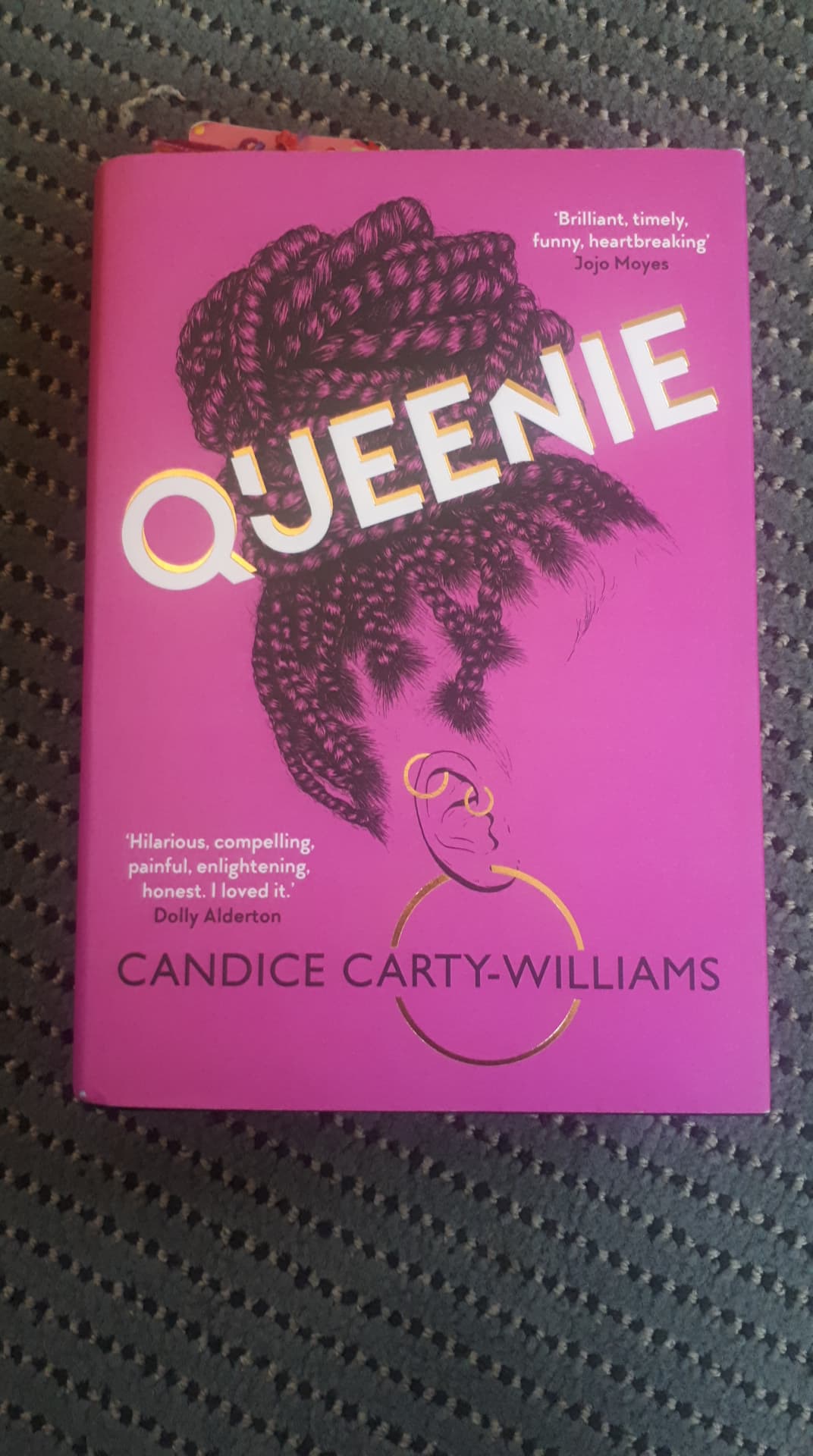Queenie Jenkins has just broken up with her boyfriend. Except not really, they’ve just decided to take a break. Which is fine. But also, is it? Because what does ‘break’ even mean anyway? Can they sleep with other people? Should she expect a phone call in which Tom (her boyfriend – or ex?) professes his undying love at any moment? These are the thoughts running through Queenie’s mind, which she also tries to juggle with her career as a journalist. Carty-Williams expertly handles Queenie’s difficulties in romantic, family and professional life in an emotional, hilarious and tender novel.
The book has been dubbed the new Bridget Jones for millennials, and it’s not difficult to see why – a young woman has different romantic encounters of varying success while teetering on the edge of some sort of emotional breakdown. But this comparison betrays a lack of engagement with what Carty-Williams has created. While Queenie is indeed a young woman navigating romantic and professional changes, we mustn’t forget that Queenie’s experiences are defined, mediated and shaped by the fact that she is black.
Carty-Williams navigates uncomfortable episodes in the life of a young black woman with the honesty and emotional depth that they deserve. The book is not afraid to deal with heavy themes, even as it makes you laugh out loud. But Queenie isn’t falling apart at every single racially charged encounter she has. She’s dropping them in the group-chat, picking it apart with her friends, getting rightfully angry, and moving on – an experience that likely hits close to home for many black women. The group-chat is the place to fall apart if you can’t in real life.
Carty-Williams’ exploration of female friendship is one of the highlights of the book. She creates women who feel incredibly nuanced and thoughtfully-crafted, even in their text messages alone. It’s through the group-chat that we see the girls share heartbreak, banter, and support. These women are an absolute triumph for the novel and in the moments when you don’t feel like a Queenie, you might feel like a Kyazike, Queenie’s best friend since childhood – who also happens to be one of the most dynamic characters in the text.
Perhaps most importantly, Carty-Williams not only deconstructs the notion of the ‘Strong Black Woman’, she completely rejects it. We all know the type: the strong black woman doesn’t need a man because she has herself. But, like any stereotype, there’s no complexity to this, and that’s what Carty-Williams fights against. Queenie cries. Queenie needs people. Queenie doesn’t necessarily need a man but she does need to be loved – which is perhaps the most important thread running through the book: reminding oneself that one is worthy of love.
One of the most tender moments of the novel is just Queenie looking at her mother and thinking about all the silent sacrifices she has made to allow Queenie to become who she is, and thinking of the love they both deserve. Queenie inherits her mother’s, and her grandmother’s, struggles, but she also inherits the strength it took for them to be who they are.
So for the women who don’t see themselves in Bridget, who deal with heartbreak and racism and love and sadness and everything that comes with it, this is it. This is your book. Candice Carty-Williams has crafted the woman you need: her name is Queenie.



